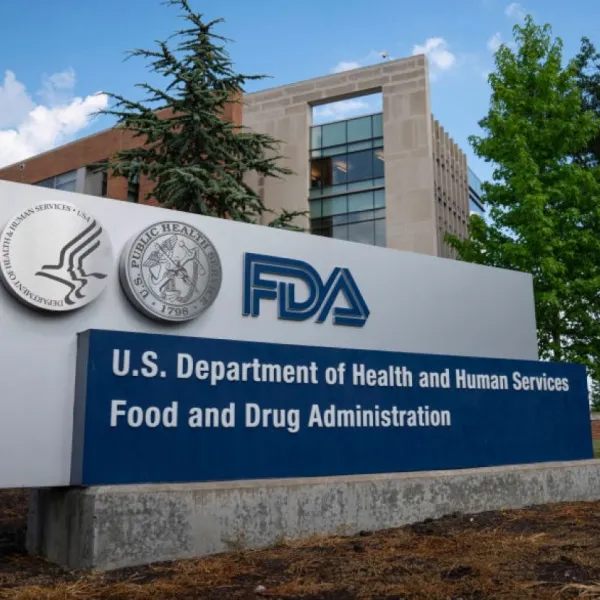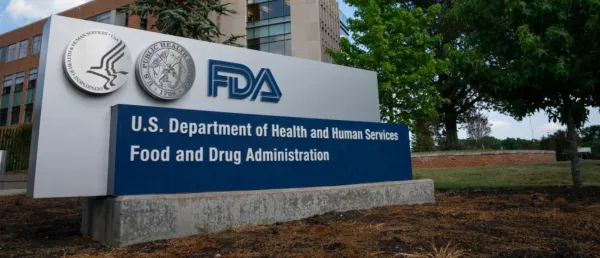Blue Shield of California Strikes Deal for Affordable Humira Biosimilar

This development comes as part of the insurer's broader strategy to shift away from traditional PBM models and adopt a more transparent, patient-friendly approach.
Blue Shield of California has taken a major step in its ongoing transformation of pharmacy benefits management by securing a deal to purchase a biosimilar for Humira directly from the manufacturer, Fresenius Kabi.
This development comes as part of the insurer's broader strategy to shift away from traditional pharmacy benefit management (PBM) models and adopt a more transparent, patient-friendly approach.
In collaboration with Fresenius Kabi and Evio Pharmacy Solutions, Blue Shield of California will now offer adalimumab-aacf, a biosimilar for Humira, at a transparent net price of $525 per monthly dose.
This is a substantial reduction compared to the market-reported net price of Humira, which stands at $2,100. The insurer expects this price cut to enhance medication adherence, reduce the overall cost of care, and ultimately improve patient outcomes.
According to Blue Shield of California, most of its members will pay no out-of-pocket costs for the biosimilar. Matt Gibbs, vice president of pharmacy transformation at Blue Shield of California, explained the rationale behind this shift, noting, “Humira is the best-selling drug of all time, so why not start there?”
"The ultimate goal is we want to get the actual price of a drug in front of a patient or member so they can actually make good, informed decisions about their options. We're not confined by the legacy rules around pharmacy benefit management contracting that really make it difficult to do things like this," he added.
Pharmacy Care Reimagined
This agreement is one of the first major moves in Blue Shield's Pharmacy Care Reimagined model, which was announced a year ago when the insurer decided to part ways with CVS Caremark, its long-time PBM partner.
The new model relies on multiple partners, such as Amazon Pharmacy, Abarca, Mark Cuban Cost Plus Drug Company, and Prime Therapeutics, in a modular approach to pharmacy care.
While Blue Shield has maintained a relationship with Caremark for specialty pharmacies, it has also brought in additional partners to create more flexibility in its operations. This new model aims to enhance transparency, lower costs, and give patients more control over their healthcare decisions.
Gibbs acknowledged that Blue Shield's decision to move away from traditional PBM structures drew significant attention.
However, he also emphasized that the insurer is now focused on proving the effectiveness of this model.
"We made headlines for taking this first-of-its-kind step, but we also had to then prove that the model could actually work to address cost and improve transparency," he said.
In preparation for the full launch of Pharmacy Care Reimagined, Blue Shield has taken additional steps, including working with Prime Therapeutics to carve out rebate aggregation from its relationship with Caremark.
Another key aspect of the strategy is the Synergie Medication Collective, a medication contracting organization co-founded by several Blue Cross Blue Shield plans, which has been instrumental in laying the groundwork for the full launch set for January 1, 2025.
"We've done things throughout this year that we could, while we're really focusing on the utility piece and the modular piece of it for January 1," Gibbs added.
Focus on Transparency & Affordability
The shift toward biosimilars such as adalimumab-aacf is part of a broader industry effort to drive down prescription drug costs in the US Humira, which is used to treat autoimmune conditions such as rheumatoid arthritis, Crohn's disease, and psoriasis, has long been criticized for its high price, even as biosimilars have entered the market.
By purchasing biosimilars directly from manufacturers and bypassing the traditional PBM model, Blue Shield of California aims to make treatments like Humira more affordable and accessible to patients. The insurer expects these changes to improve medication adherence among its members, leading to better health outcomes.
Blue Shield's long-term vision is to create a pharmacy care system that prioritizes transparency and patient empowerment. “The idea is to allow patients to make better decisions about their medications by offering transparent pricing and more affordable options,” Gibbs said.
Stay tuned for more such updates on Digital Health News.
Stay tuned for more such updates on Digital Health News





























